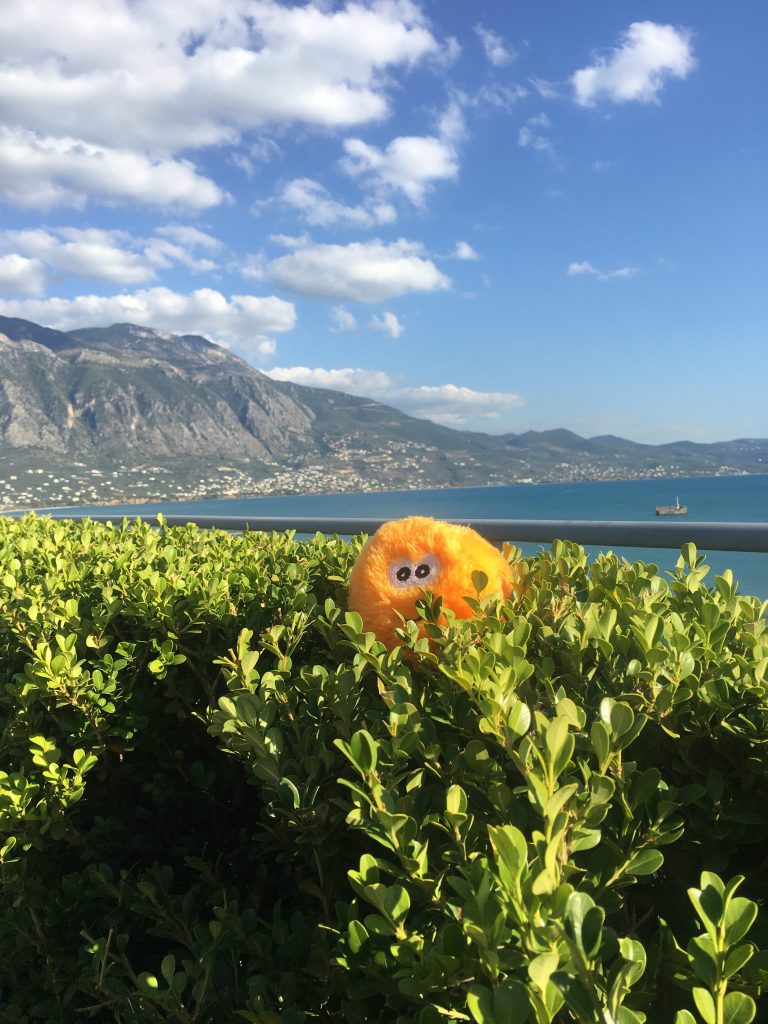Personally speaking, I was greatly affected by the CyGen project in the way I currently approach children, when a new item/subject is to be taught. I now give more emphasis on children’s cooperation but in a more obvious and practical or imaginative way.
My relationship with kids has been improved at every aspect, there a closer communication with pupils-as an educational target audience. It is a success for a teacher to face their kids, acting in a more collaborative manner, getting themselves even closer to each other. Furthermore, the children themselves have been affected surprisingly by the whole methodology of the Design Cycle (Presentations, Creations, Collaboration, Filming, Interviews, Reporting, Findings and Solutions).
Our organization itself has a lot to say on the CyGen project results. For example, other schools’ positive comments about our project, especially while hosting the ME, on March 20th 2019 and other teachers’ verbal references, on the project itself, prove of the CyGen project success.
Our school has been a scene of great creativity and stakeholder engagement, receiving credentials by other nearby schools, parents and by familiar organizations. Through the project., our profile has been raised and we have managed to receive donations by private financial sources, in order to renovate our organization and alter our school’s image.
Giorgos Tallaros
Greek CyGen team


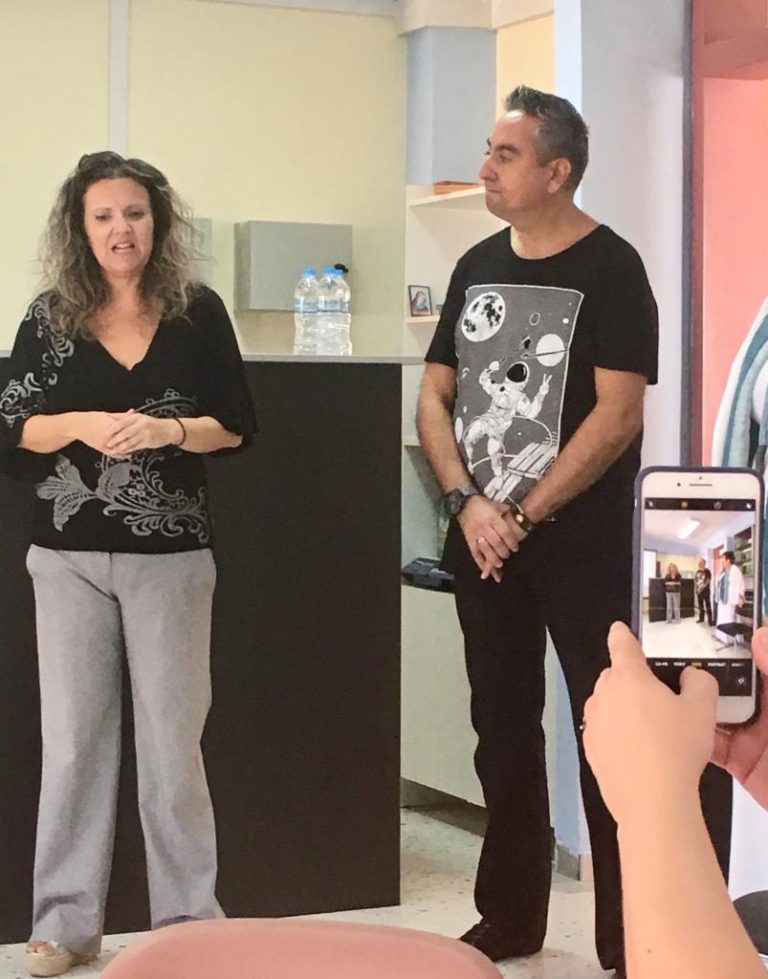

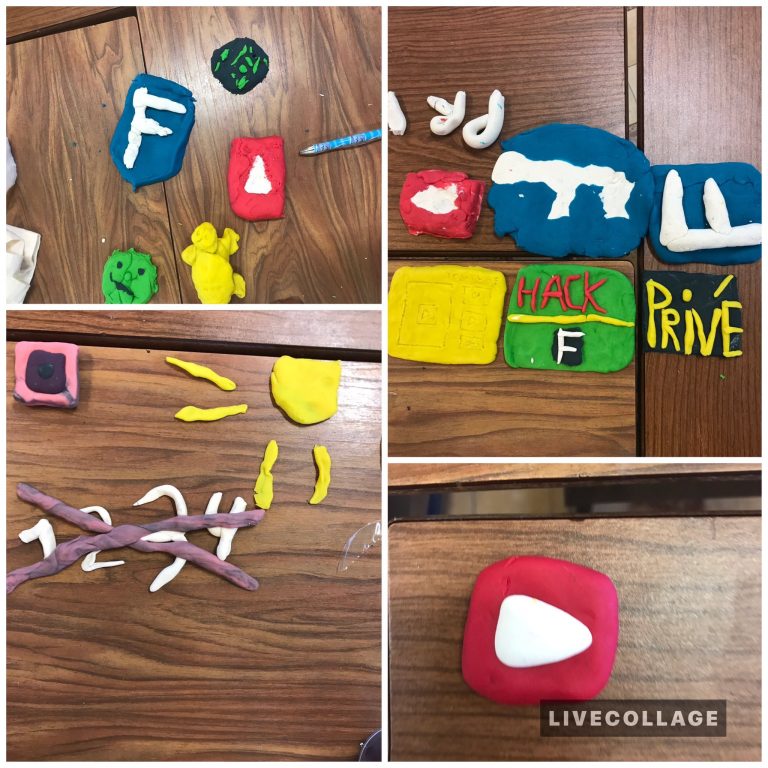
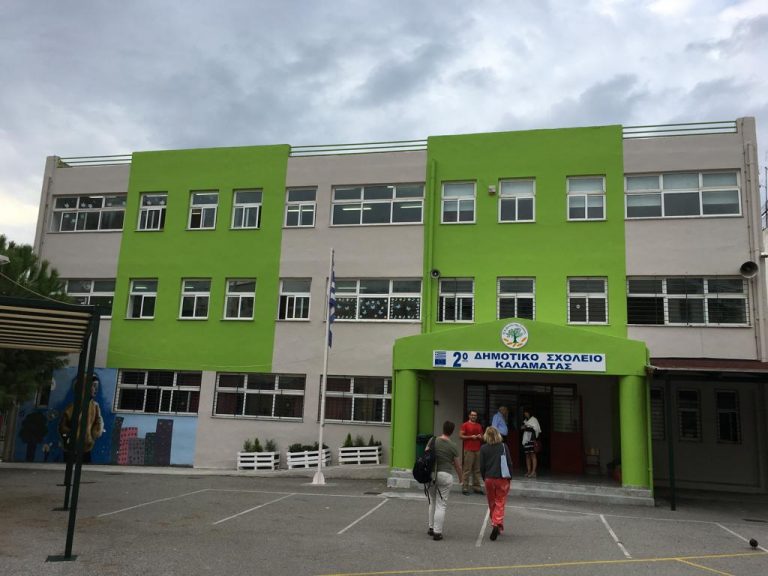
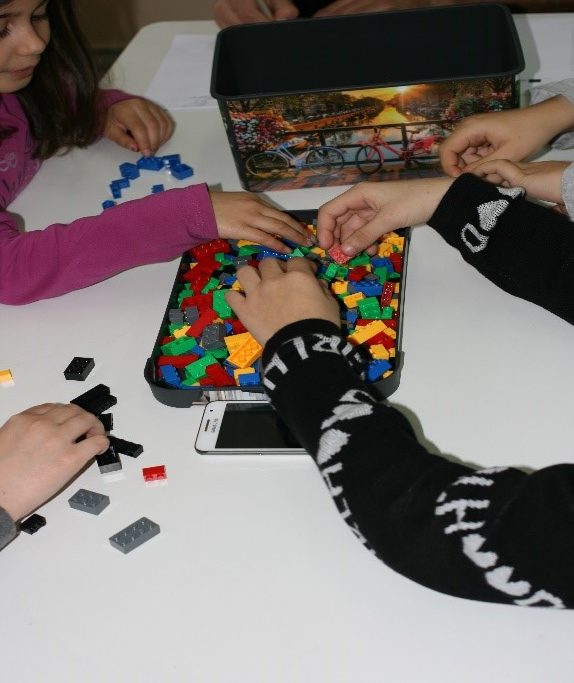
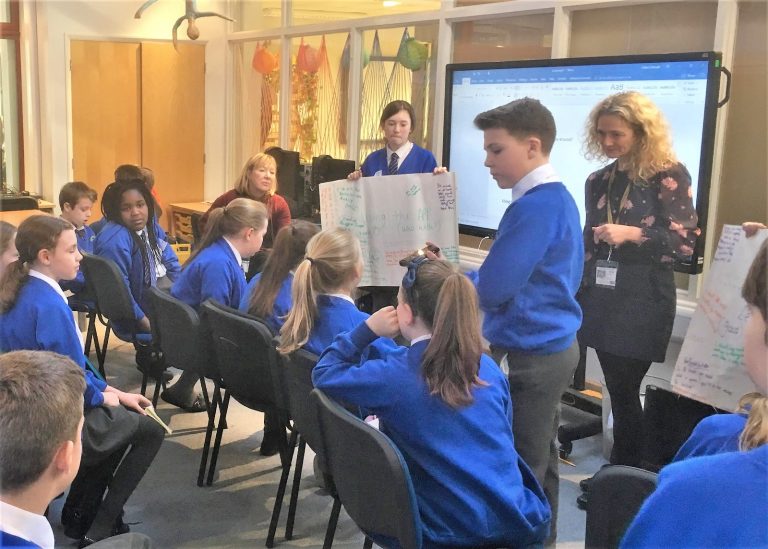

 The conference started with an introduction to the CyGen project by the DK team. At the conference four keynote presentations were made. The first was delivered by the Danish organisation ‘Center for Digital Education’. The presentation was aimed at middle school students, school teachers and parents and centered on children’s online behavior, including a facilitated discussion about digital communities, digital bullying, image sharing and privacy.
The conference started with an introduction to the CyGen project by the DK team. At the conference four keynote presentations were made. The first was delivered by the Danish organisation ‘Center for Digital Education’. The presentation was aimed at middle school students, school teachers and parents and centered on children’s online behavior, including a facilitated discussion about digital communities, digital bullying, image sharing and privacy.




